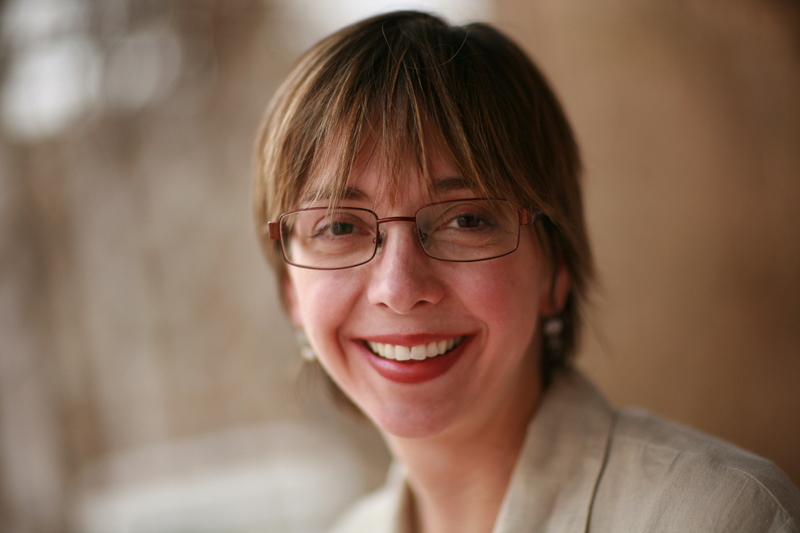
Aug. 29, 2007 – Our brightest, most creative children and adults are often being misdiagnosed with behavioral and emotional disorders such as ADHD, Oppositional-Defiant Disorder, Bipolar, OCD, or Asperger’s. Many receive unneeded medication and inappropriate counseling as a result, claims Dr. Nadia Webb, Psy.D., neuropsychologist and faculty member at James Madison University.
In this year’s Eric Moerer Memorial Lecture, Webb will examine how to distinguish between gifted and learning disabled children and adults. Sponsored by the department of family and consumer studies, Webb’s lecture, titled “Misdiagnosis and Dual Diagnoses of Gifted Children and Adults,” will be held Thursday, September 6 from 7 to 8:30 p.m. in conference room four of the Salt Lake City Main Library on 210 East, 400 south. The event is free and open to the public.
“Physicians, psychologists and counselors are unaware of characteristics of gifted children and adults that mimic pathological diagnoses,” states Webb. Co-author of the book Misdiagnosis and Dual Diagnoses of Gifted Children and Adults: ADHD, Bipolar, OCD, Asperger’s, Depression, and Other Disorders, Webb, along with five other nationally prominent health care professionals, describes ways parents and professionals can distinguish between gifted behaviors and pathological behaviors.
“Some of the brightest children have difficulty focusing, sitting and listening for extended periods of time and can exhibit problem behaviors in school settings,” notes Cheryl Wright, chair of the department of family and consumer studies. “Being smart does not mean that a child will be an ideal student. This lecture will help parents and teachers understand the unique challenges that can accompany childhood giftedness.”
Webb is a practicing neuropsychologist and faculty member at James Madison University. She is appointed within two departments, as clinician in residence in the graduate psychology department and as adjunct faculty in the communication sciences and disorders doctoral program. She currently serves on the Board of Directors of Supporting the Emotional Needs of the Gifted (SENG) and consults with the Davidson Institute for Talent Development in their work with profoundly gifted youth.
She is active in several organizations serving brain injured children and adults. Her work has received honors from the American Medical Association, the Department of Defense and a personal citation by Arizona Governor Jane Hull.
Webb received both her master’s and doctoral degrees from Rutgers University. She was previously awarded a master’s in clinical psychology with a focus on family therapy from New College of California.
The Eric Moerer Memorial Lecture Series, sponsored by Tina and Michael Moerer, honors their son Eric, a gifted student who died while still in his teens.
For additional information the Eric Moerer Memorial Lecture Series, or to contact Nadia Webb for an interview, contact Cheryl Wright in family and consumer studies at 801-581-7712, or cheryl.wright@fcs.utah.edu.